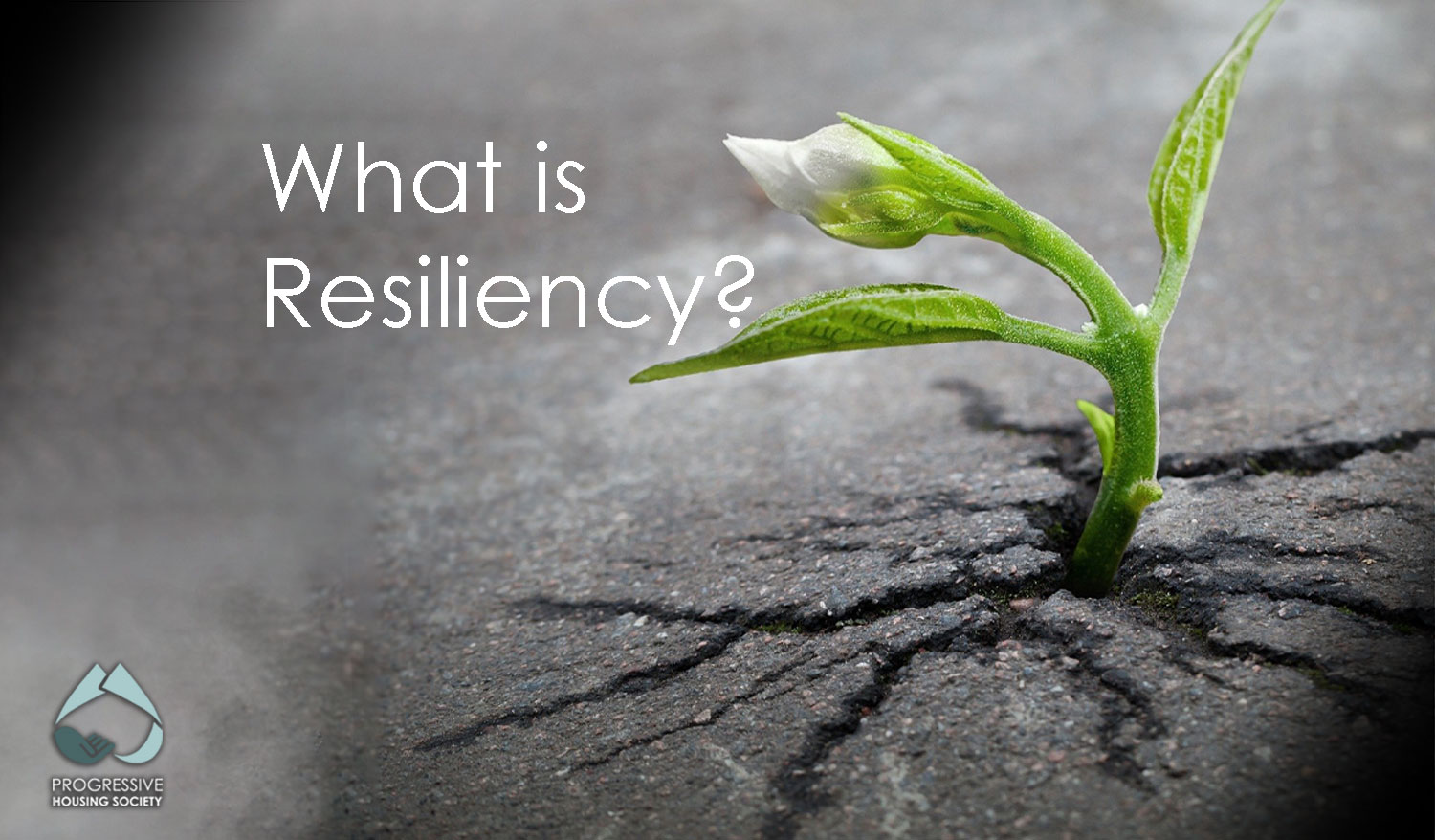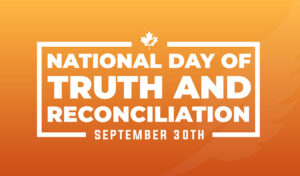What is Resiliency & Why is it Important?
-
by
 PHS
PHS
Resiliency can be a real buzz word in health circles or social services. The concept of resilience can be talked about in a number of different ways from a personality trait to being a process. It is often seen as the difference between rising above or succumbing to adversity. We all cope with life’s challenges in different ways. How we choose to cope and how much we struggle is seen as being tied to how resilient we are.
What is Resiliency?
Resiliency is the ability to adapt well when facing tragedy, trauma, stress, or adversity. It happens when someone is able to effectively leverage their psychological, social, cultural, and physical resources to sustain their personal well-being while facing those adversities. It doesn’t mean that someone struggling won’t feel the struggle or stress, but they are able to find positive ways of dealing with it typically faster than others.
Everyone is resilient but it’s the question of how resilient someone is and if they put it to use in their life. Like many other things, people can be naturally resilient but it’s also something people can learn to do.
How Does Resiliency Help?
Everyone experiences challenges in life. When we are able to adapt to handle those challenges quickly, it can help us bounce back much faster. Overall, this can have a huge impact on mood, health, and life happiness. Resiliency also help us tackle mental health struggles such as PTSD, depression, or anxiety. Learning to increase resiliency is often part of many different treatment plans for mental health struggles.
People who are resilient have an easier time
- Setting and moving towards realistic goals
- Looking towards the long term
- Accepting change as a part of life
- Engaging in active decision making
- Engaging in self-discovery
- Communicating and problem solving
- Having an optimistic outlook
- Having a realistic perspective of the world around them as well as themselves
- Being flexible
- Actively learning new things
- Actively engaging in self-care
- Building connections with others
Building Better Resilience
It’s never too late to make things better. It’s never too late to change the direction that things are going. We can always work on building our skills, improving our situation, and becoming more resilient. Most people need support to build these kinds of skills, especially if they are in the midst of facing adversities. Progressive Housing Society works with clients who face many struggles. We try strive to empower people to live independently and well. We are always looking for enthusiastic volunteers and staff that understand the importance of a person-centered approach. Consider joining our team today!
References
Camins, S. (2020). What is Resiliency. Retrieved from Road to Growth Counselling: https://roadtogrowthcounseling.com/what-is-resiliency/
Cohen, H. (2018). What is Resilience? Retrieved from PsychCentral: https://psychcentral.com/lib/what-is-resilience/
Henderson, N. (2012). What is Resiliency and Why is it So Important? Retrieved from Resiliency in Action: https://www.resiliency.com/what-is-resiliency/
Lafrance, M. (2016). What Exactly is Resiliency? Top Tips to Become More Resilient. Retrieved from Healthy UBC: https://www.hr.ubc.ca/healthy-ubc-newsletter/2016/09/13/what-is-resiliency-exactly-top-tips-to-become-more-resilient/
Manitoba Trauma Information & Education Centre. (2013). What is Resiliency. Retrieved from Trauma Recovery: https://trauma-recovery.ca/resiliency/what-is-resiliency/
Rudzinksi, K., McDonough, P., Gartner, R., & Strike, C. (2017). Is there room for resilience? A scoping review and critique of substance use literature and its utilization of the concept of resilience. Substance Abuse Treatment, Prevention, and Policy, 12:41.
Tozer, K., Tzemis, D., Amlani, A., Coser, L., Taylor, D., Van Borek, N., . . . Buxton, J. A. (2015). Reorienting risk to resilience: street-involved youth perspectives on preventing the transition to injection drug use. BMC Public Health.



